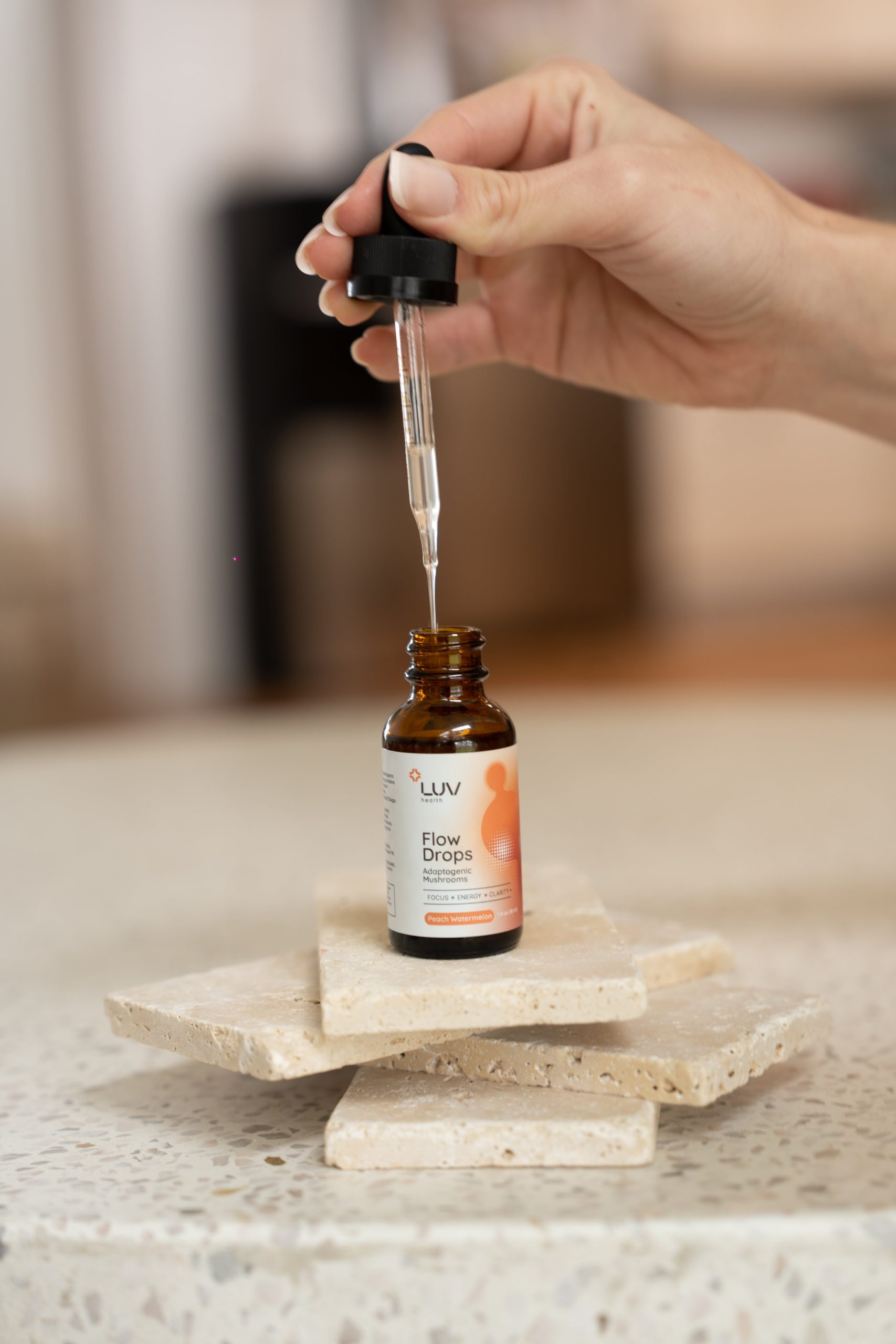Finding a lump down there is one of the most terrifying things a guy can experience. But if the lump really is testicular cancer, catching it early could save your life.
Testicular cancer is one of the most curable forms of cancer, but your chances of beating it drop if it spreads before it’s diagnosed.
For example, 99 percent of men with localized testicular cancer—meaning it hasn’t spread from the testis—survive more than 5 years. But the rate drops to 74 percent once it spreads to distant organs, according to data from the National Cancer Institute’s Surveillance, Epidemiology, and End Results Program (SEER).
Here’s how to be proactive about your own testicular health.
Should You Perform Regular Testicular Self Exams?
Currently, the U.S. Preventive Task Force recommends against routine testicular self exams.
A big part of that is because they believe that guys might be unnecessarily stressed out by finding things on the self exam that they think are harmful—but aren’t, says Tobias Kohler, M.D., a spokesperson for the American Urological Association and an associate professor of urology at Southern Illinois University School of Medicine.
It’s possible that parts of your testicular anatomy—say, your spermatic cord or epididymis, the tube that connects your testicle to your vas deferens—might feel bumpy enough to freak you out, but they are perfectly normal, says Dr. Kohler.
At your next visit with your doctor, ask him or her to point them out to you so you know what they feel like.
Once you have these structures squared away, you should be able to pick up on any potentially problematic changes in your testicles, says Dr. Kohler.
That’s why many urology experts still believe it’s smart to check your balls.
In fact, Dr. Kohler and Men’s Health urology advisor Larry Lipshultz, M.D., both recommend you examine your testicles once a month. Here’s how to get started.
How Perform a Testicular Self Exam
The best place to give your testicles a once-over is in the shower.
That’s because the warmth will relax your scrotum and make it easier for you to feel any abnormalities, says Nicholas Cost, M.D., a urologist and assistant professor at the University of Colorado.
Start at the top of your left testicle. Hold it between your thumb and fingers of both hands, and gently roll it between your fingers as you move down. Repeat on the right side.
Be on the lookout for any hard lumps, smooth or rounded bumps, or unusual changes in the size, shape, and consistency of your testicle, Dr. Cost says.
You might not be able to feel a mass itself, but it could make your testicle feel very firm.
It can be scary to find something weird, but just know that not all irregularities you find on your self exam point definitively to testicular cancer, says Dr. Kohler.
For instance, if your testicles feel like what can only be described as a bag of worms, you might have varicoceles, or enlarged veins in your testicles.
You may also find innocuous bumps that are just cysts or the result of a testicular torsion, which is a painful condition where your testicle gets twisted and swells up.
Only your doctor can know for sure, though. So if you notice a bump or lump that feels different, suddenly appears, or just worries you, schedule an appointment with your urologist right away.
Additional reporting by Paige Fowler, Joelle Smith, and Erin Weaver.


